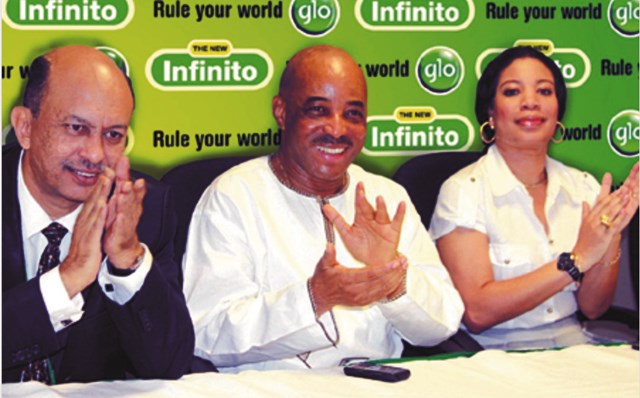Business
Nigeria Records Boost In Manufacturing Sector …As PMI Hits 57.1 Index Points

The Central Bank of Nigeria (CBN) says the Manufacturing Purchasing Managers’ Index (PMI) stood at 57.1 index points as at February, indicating an expansion in the manufacturing sector for 23 consecutive months.
The CBN said this in its monthly “Purchasing Managers’ Index (PMI) Survey Report’’ by the Statistics Department posted on its Website.
The report said the index grew at a slower rate when compared to 58.5 index points recorded in February.
According to the report, 13 out of the 14 sub-sectors assessed reported growth in the month reviewed in petroleum and coal products, electrical equipment, transportation equipment; plastics and rubber products, food, beverage and tobacco products.
The other sectors, the report said, include textile, apparel, leather and footwear, nonmetallic mineral products, chemical and pharmaceutical products, furniture and related products, printing and related support activities, cement, fabricated metal products, and paper products.
The report, however, said the primary metal sub-sector declined in the period reviewed.
It said at 57.5 points, the production level index for the manufacturing sector grew for the 24 consecutive month in February 2019.
The report said the index indicated a slower growth in the month under review when compared to its level in the preceding month.
It said nine of the 14 manufacturing sub-sectors recorded increased production level, three remained unchanged while two recorded decline.
The report further said that the manufacturing supplier delivery time index stood at 58.2 points in the period under review, indicating slower supplier delivery time.
According to the report, the index has recorded growth for 21 consecutive months.
It said all 14 sub-sectors recorded improved suppliers’ delivery time in the review period.
The report also said the employment level index for February stood at 56.3 points, indicating growth in employment level for the 22 consecutive months.
Out of the 14 sub-sectors, the report said eight reported increased employment level, five reported unchanged employment level, while one reported decreased employment in the period under review.
The PMI is an indicator of business activity in both the manufacturing and services sectors.
It is a survey-based measure that seeks to know about changes in some key business variables from the previous month.
Transport
Automated Points Concession : FAAN Workers Gave 72hrs To Revise Decisions In PH

Transport
FAAN Announces Pick-Up Points for Go-Cashless Cards

Business
Fidelity Bank To Empower Women With Sustainable Entrepreneurship Skills, HAP2.0
-

 News5 days ago
News5 days agoAmend Constitution To Accommodate State Police, Tinubu Tells Senators
-

 Politics5 days ago
Politics5 days agoSenate Urges Tinubu To Sack CAC Boss
-

 News5 days ago
News5 days agoDisu Takes Over As New IGP …Declares Total War On Corruption, Impunity
-
Politics2 days ago
2027: NIGERIANS FAULT INEC ON DIGITAL MEMBERSHIP REGISTER DIRECTIVE
-

 Environment2 days ago
Environment2 days agoLAWMA Director Says Sweeping Reforms Have Improved Waste Collection
-

 Featured5 days ago
Featured5 days agoFubara Reads Riot Act To New SSG, CoS …Warns Against Unauthorized Meetings
-
Rivers5 days ago
Etche Clan Urges Govt On Chieftaincy Recognition
-
News5 days ago
25 Killed In Adamawa Jihadist Attacks

